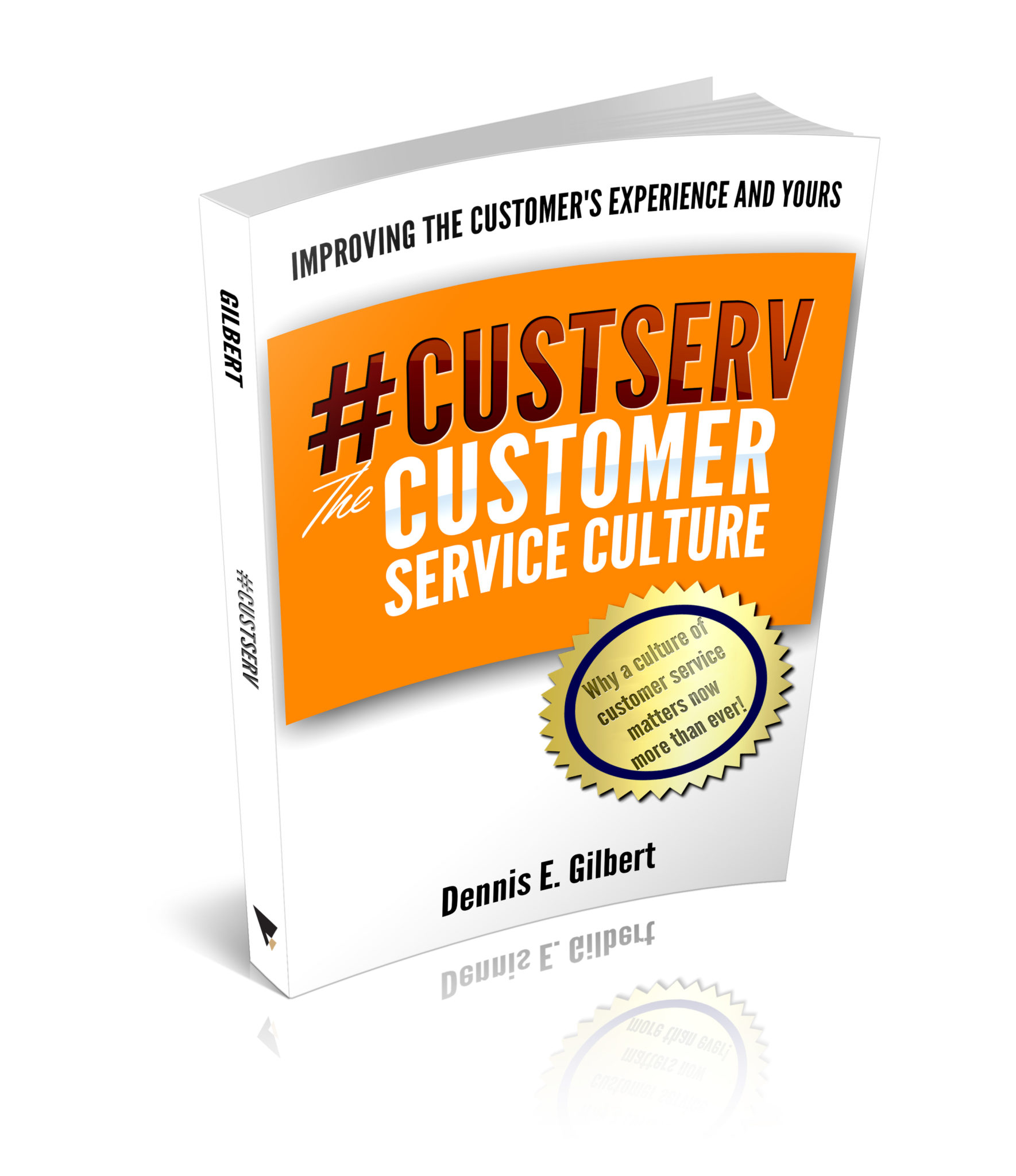
Finding Consistency, Does It Build Trust?
Have you had any luck finding consistency? Is consistency what you expect?
When people know what to expect and when, they might suggest there is consistency.
Do you like the surprise party? What about the surprise problem? What about the feedback that takes you aback or an outburst that you never could imagine would happen, happens?
How do you know what is good quality, what is poor quality, and when you can count on the quality?
What do you do when consistency is missing?
A customer expresses disappointment. It must have been a fluke.
The boss is late for a team meeting. She must have had an urgent matter pop up.
A restaurant that has served fantastic food the previous six times you were there, now serves you something terrible. They must have a hard time getting good help.
The truth is, you probably don’t know for sure but you are determined to give a reason. Applying a reason gives you peace of mind. You’ve figured it out and now you can move on.
People like consistency and when its presence is lacking or missing, they’ll make something up.
Do they still trust?
Finding Consistency
It matters what you believe.
If you feel the suggested answer is logical and makes sense, you might believe.
If you’re intuition or gut feel tells you there is a reason, you might still trust.
An inconsistency when the reason proves to be true may increase trust.
Customers often trust vendors more after the vendor has been tested. Something broke and it was fixed to the customer’s satisfaction, a deeper bond of trust is the outcome.
Can you make up a reason?
When you spot the pattern, you’ll have more belief that the future might hold some of the same.
-DEG
Dennis E. Gilbert is a business consultant, speaker (CSPTM), and culture expert. He is a five-time author and the founder of Appreciative Strategies, LLC. His business focuses on positive human performance improvement solutions through Appreciative Strategies®. Reach him through his website at Dennis-Gilbert.com or by calling +1 646.546.5553.












